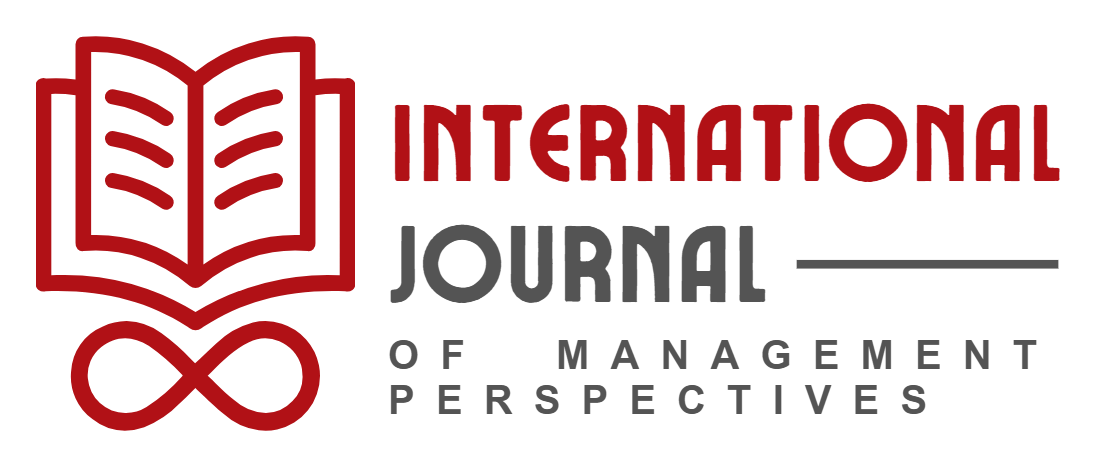Do you want to pursue a career in human resource management?
With several careers to choose from, the human resource industry is a lucrative industry with several career development opportunities.
REGENT offers a BCom in Human Resource Management that equips students with the foundational skills needed for high-paying human resource employment.
This article will explain what human resource management is, how to pursue a career in this industry, and the top 10 human resource management careers.
What is human resource management?
Human resource management (HRM) is the process of enhancing employee experience within a workplace. This includes their experience from being hired to working in a happy environment and gaining more skills.
A good employee experience ultimately consists of several elements, including:
- A great company culture so the employee enjoys working with co-workers.
- The opportunity to enhance their skills and careers within the company. According to Statista, 41% of employees quit their jobs because of a lack of career development and advancement opportunities.
- A good work-life balance. Employees want a good balance between their work and home life responsibilities. 53% of people stay with their jobs because the company offers an outstanding work-life balance.
When students study human resource management, they learn how to communicate with employees, resolve workplace conflicts, and become business leaders.
Many students who study HRM will go on to work in an office setting — either during or after their studies.
They will be responsible for:
- Hiring, onboarding, and training new employees.
- Implementing employee engagement opportunities to foster work relationships.
- Resolving any problems that arise between employees and managers.
Discover why human resource managers are in high demand in SA and worldwide.
How to pursue a human resource management career
Below are the basic steps you can take to pursue a job in human resource management.
- Get an education: Human resource managers need a degree to attain management positions. Thus, you can pursue a bachelor of commerce in human resource management from an accredited university like REGENT.
- Gain work experience: After obtaining your degree (or while in the process), you can apply for entry-level positions to gain relevant experience. This way, you will have additional skills that make you a more desirable candidate for higher-level positions.
- Create a great resume: Once you have your degree and have gained some experience, you can create a robust resume that outlines your education, skills, and experience.
- Apply for management positions: Finally, you can start applying for management positions once you have several years of experience working in entry-level positions. You can apply for management roles in your current company or explore other similar local or international businesses.
10 high-paying human resources careers you can get with an HRM degree
There are several career opportunities within human resource management. Many of these positions specialise in specific areas of human resources, and others cover general practices. Here are some of the highest-paying human resource positions you can get.
1. Payroll Specialist
Payroll specialists are responsible for processing timesheets submitted by employees so they can manage their payroll. They ensure workers receive the correct amount of pay and are paid on time every month.
Some of their daily duties include getting banking information from employees, making sure they comply with tax policies, and more.
2. Training Coordinator
While training coordinators are not directly part of the human resources department, these professionals collaborate with the HR department to train employees and help them develop their careers.
When choosing training programs, these coordinators must keep the company’s goals and budget in mind. They also need to focus on building training programs around employee schedules to avoid jeopardising productivity.
3. Office Manager
Office managers are responsible for completing several administrative tasks and ensuring operations run smoothly.
They must organise necessary documentation, enhance productivity by suggesting relevant tools and software to speed up processes, and plan upcoming office events.
4. Recruiter
Recruiters are responsible for locating people best suited to specific roles, interviewing them, and hiring the best candidates. They need to keep company goals in mind to hire employees to help the company succeed.
Their daily tasks include setting up job listings on job boards, researching social media sites to find qualified candidates, screening applicants, and negotiating salaries.
5. Benefits Manager
Benefits managers are responsible for examining and researching employee market trends to determine suitable employee benefits packages. They need to look at other companies’ benefits to ensure their company stands out as a desirable employer.
Their duties include:
- Studying other benefits packages.
- Staying up to date with current federal and state benefit requirements.
- Presenting their proposed benefits packages to management.
6. Compensation Manager
Compensation managers are responsible for building, managing, and maintaining the payment system of companies. They ensure payments are correctly given to employees based on their level of experience, skills, responsibilities, and job titles.
They need to pay attention to a company’s employee levels or echelons and ensure that payment evolves as the federal and state laws do.
7. Labour Relations Specialist
Labour relations specialists analyse a company’s contracts to determine whether workers’ salaries and benefits are fairly distributed.
They ensure employees are happy with their salaries and benefits packages and often need to conduct meetings between managers and employees if there are any issues.
8. Employee Relations Manager
Employee relations managers manage the relationships between employees and managers within a company. They must tackle any issues and make plans to resolve them peacefully.
They are also responsible for setting up employee policies with management and consistently encouraging happy work environments.
9. Human Resource Manager
HR managers oversee all aspects of the HR department — from hiring the right employees and incorporating the right policies to managing training. Their main goal is to ensure all employees are satisfied with their work environment and salaries.
They implement team-building activities for managers and employees to foster excellent company culture and, as a result, enhance satisfaction and productivity.
10. International Human Resource Manager
Some companies have branches in different countries around the world. These companies employ international human resource managers to ensure a great overall company culture and employee experience.
International human resource managers are responsible for recruiting candidates worldwide where the company has offices, implementing training across the global organisation, implementing compensation plans based on different country laws, and more.
Study a degree in human resources with REGENT
If one or more of the careers mentioned above sound like a great fit, a job as an HR professional may be perfect for you.
You can pursue a career in HR by first getting your degree. Have a look at REGENT’s Bachelor of Commerce in Human Resource Management. Then, you can start gaining experience as you study by applying for entry-level positions.
Finally, you can build an excellent resume that will help you attain human resource management positions with high-income potential.


